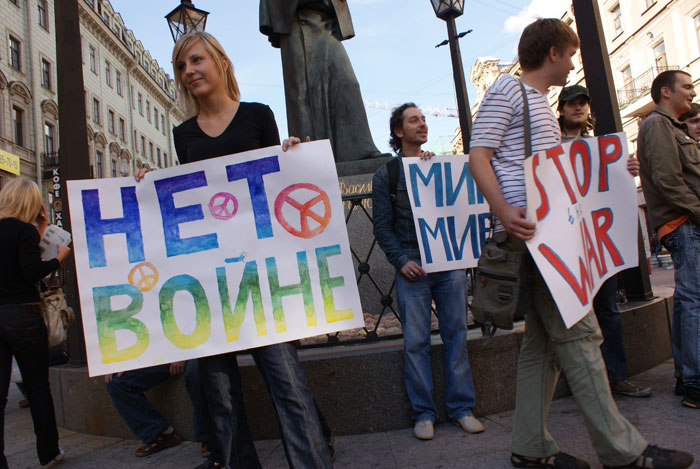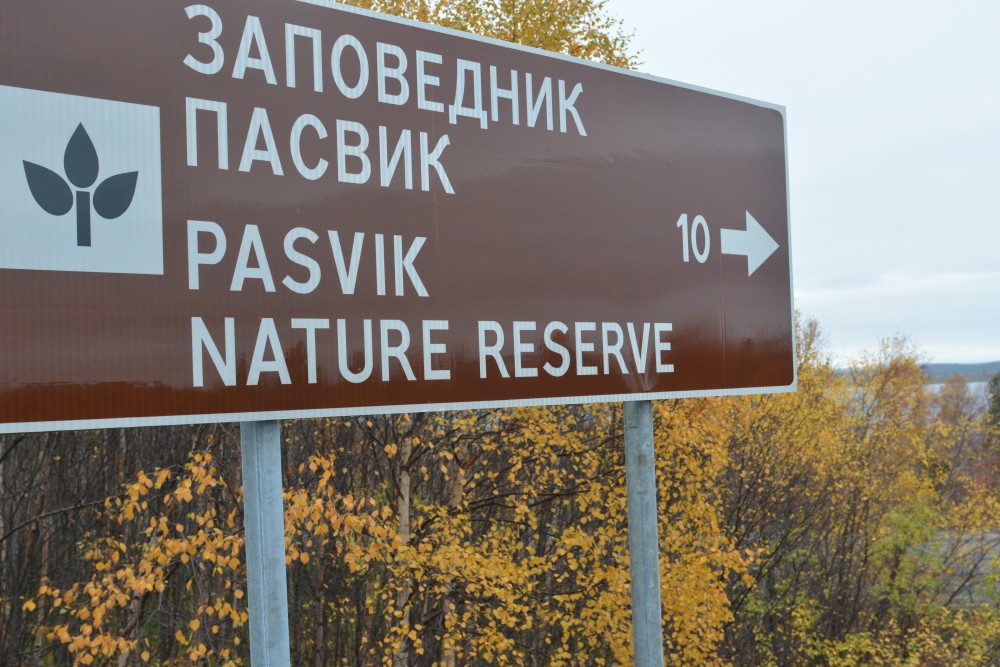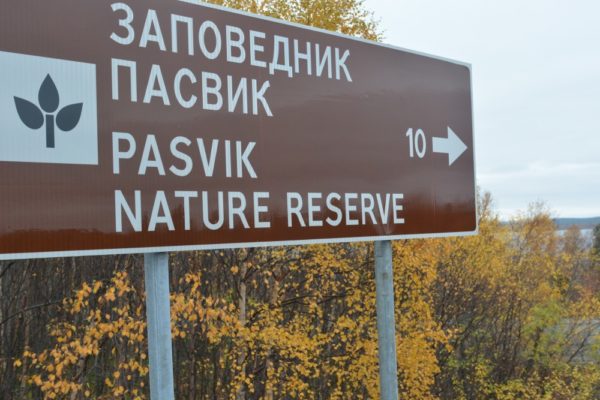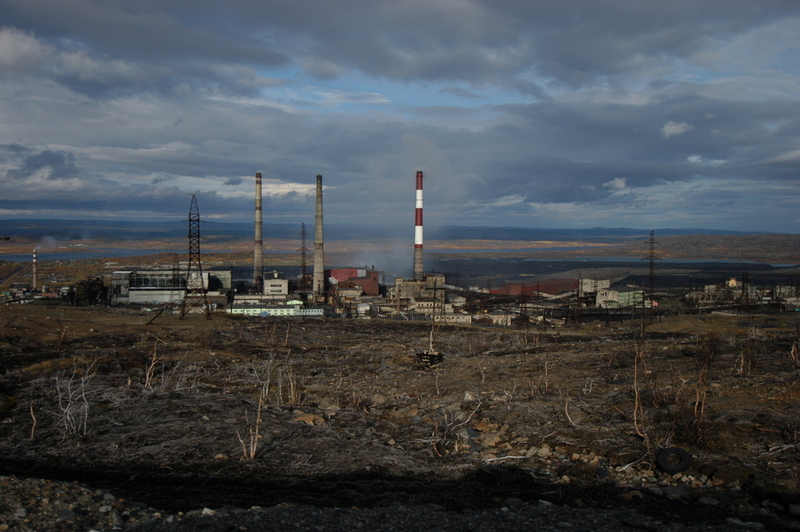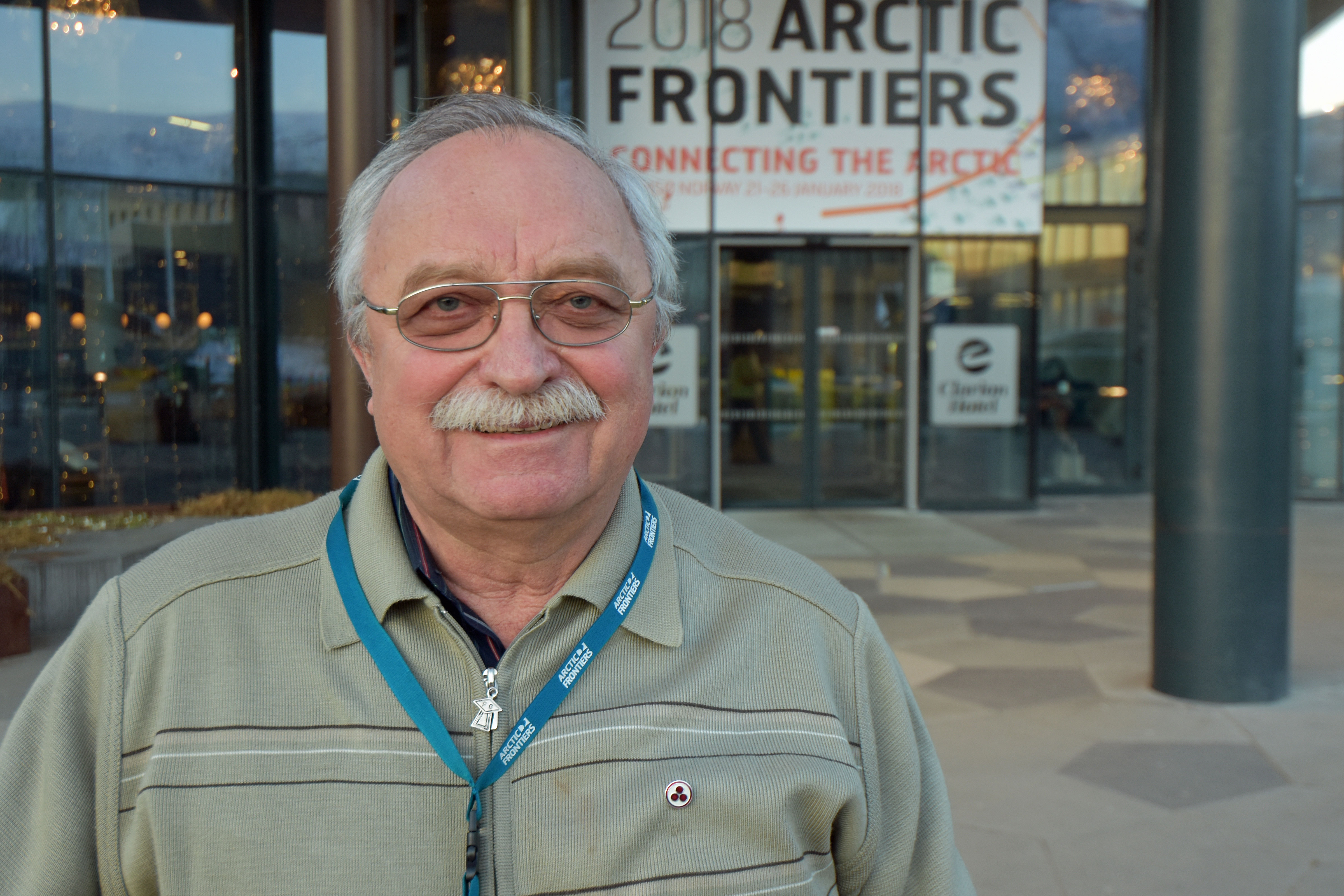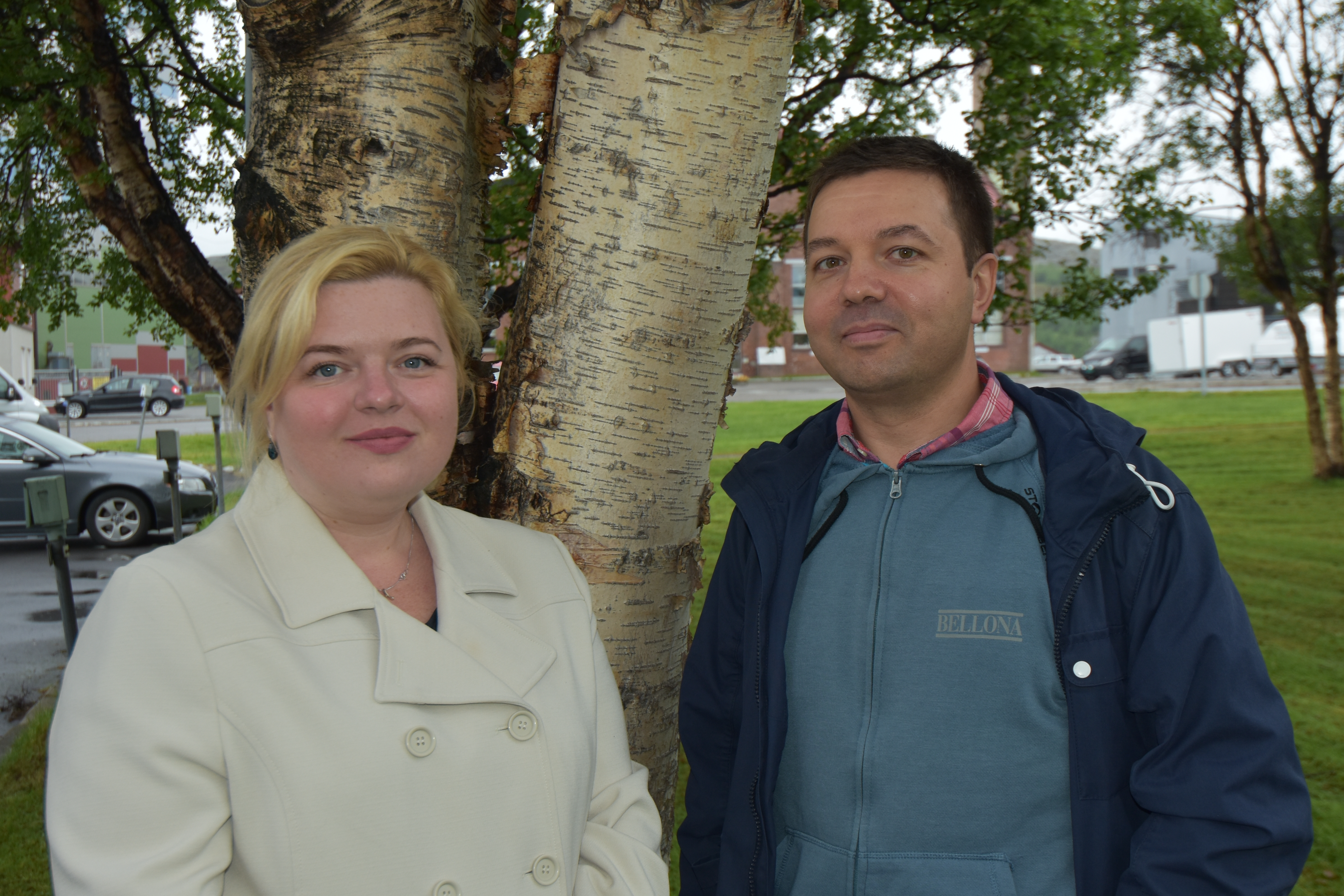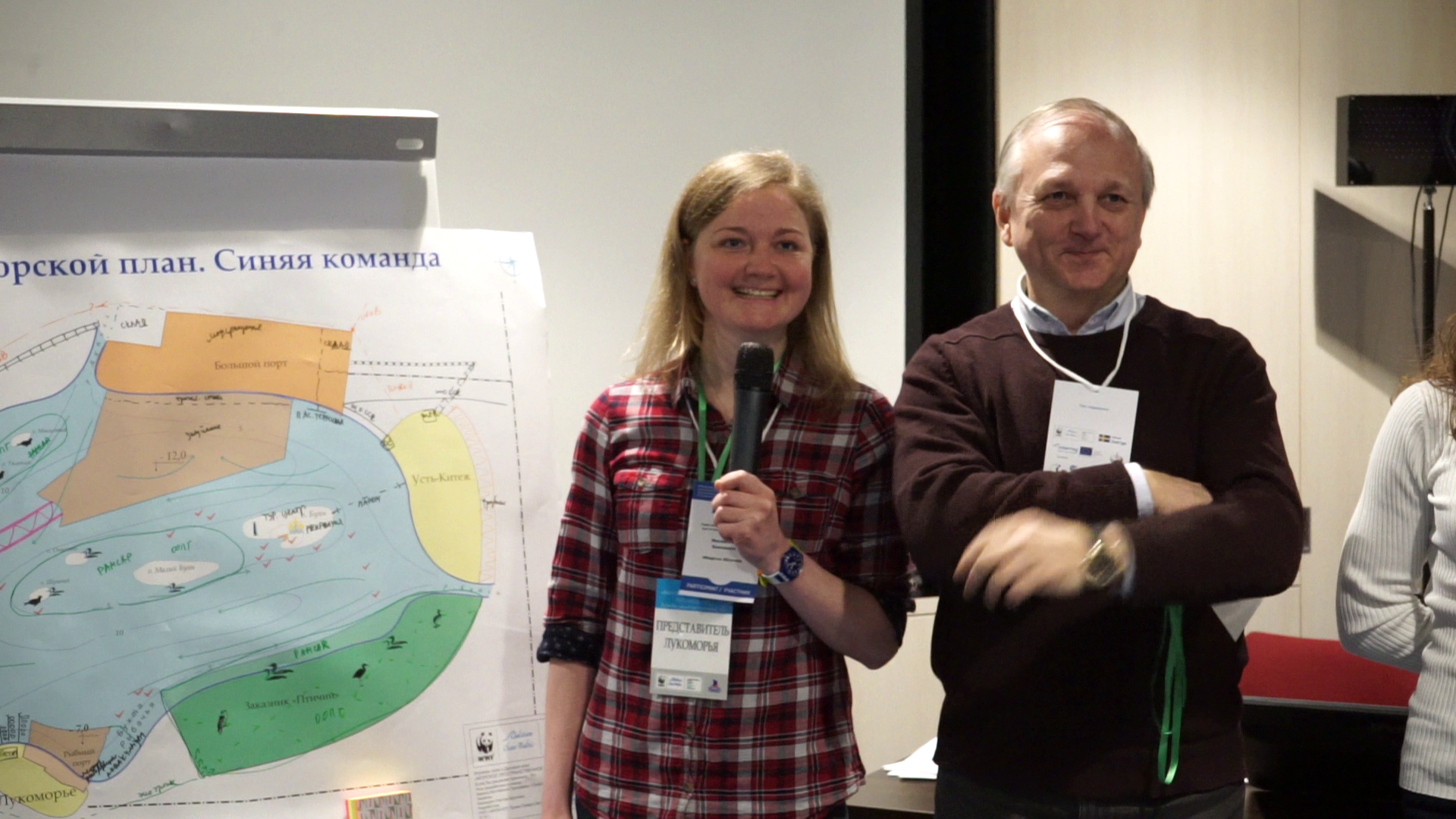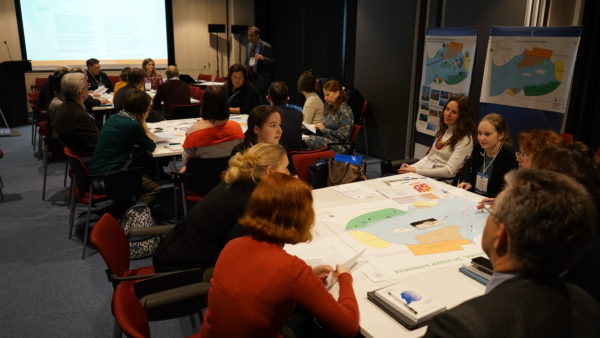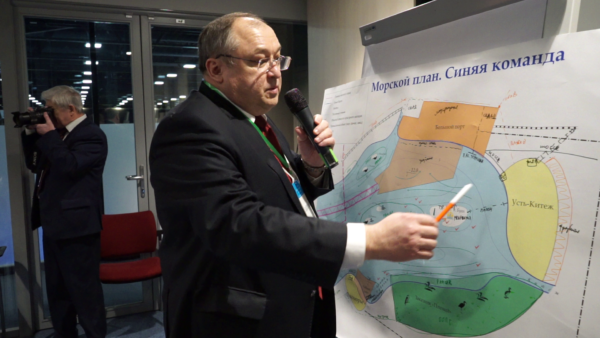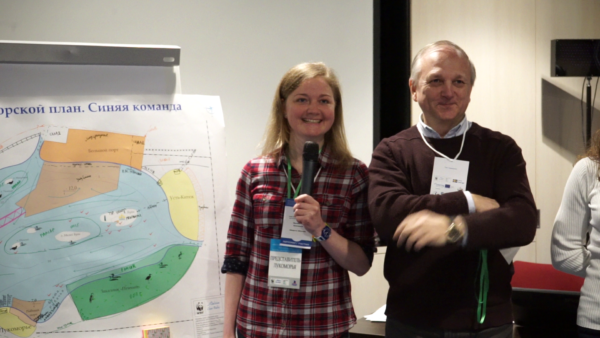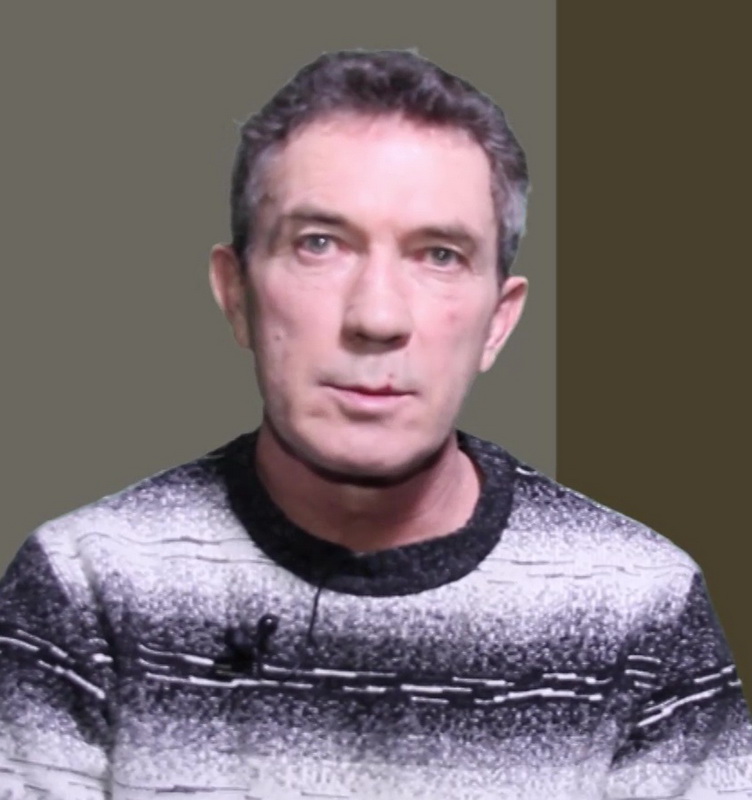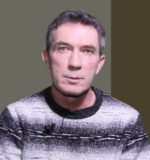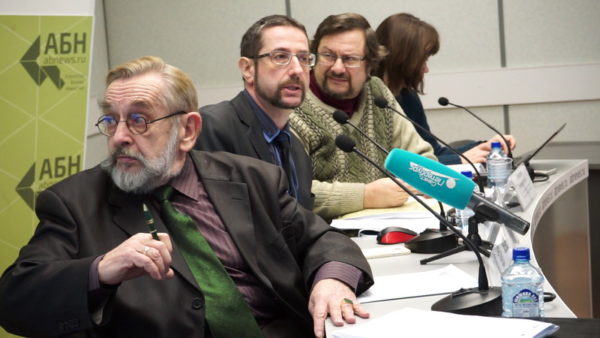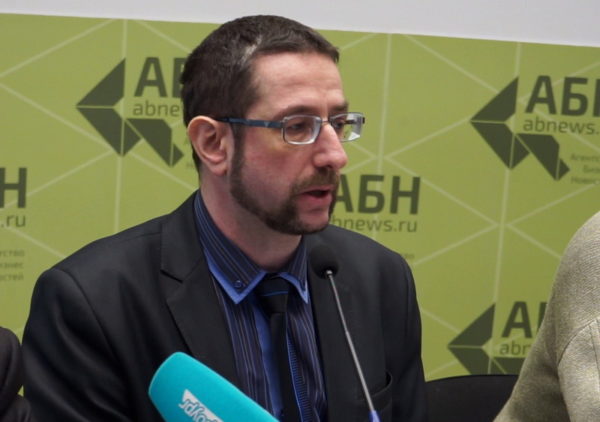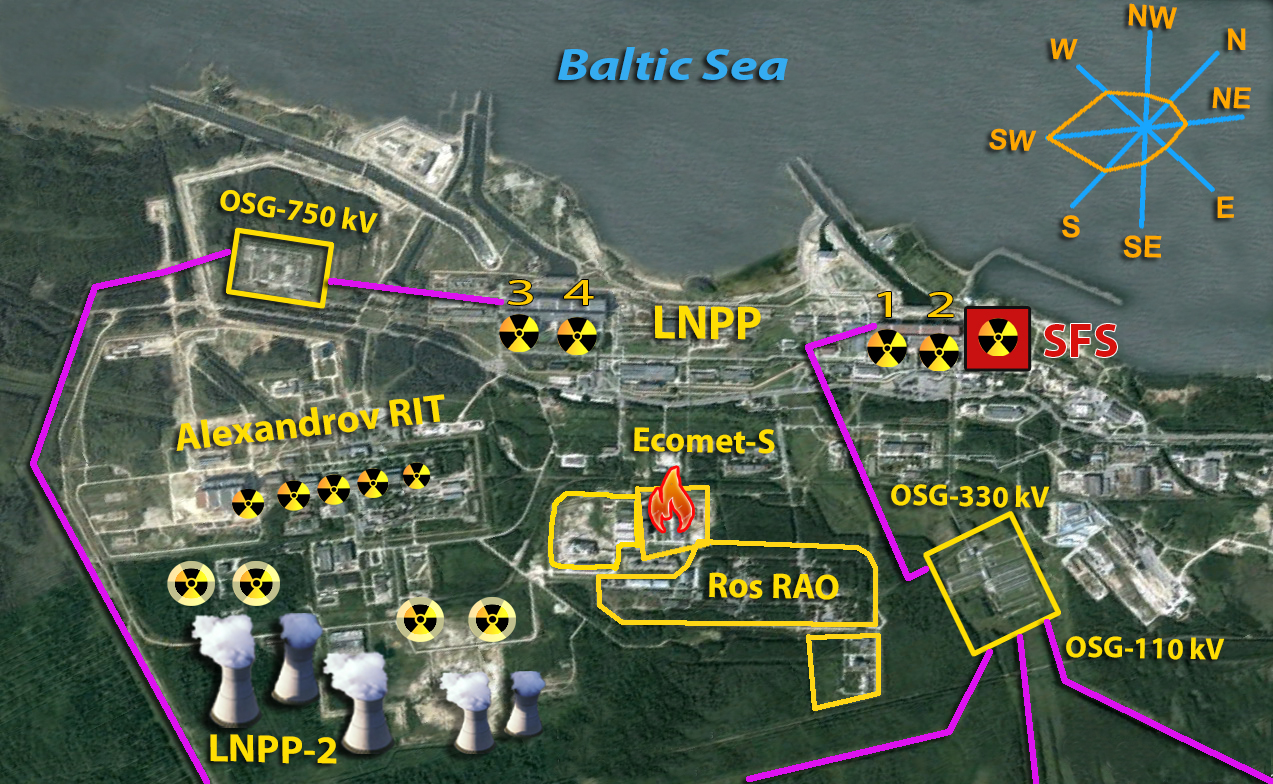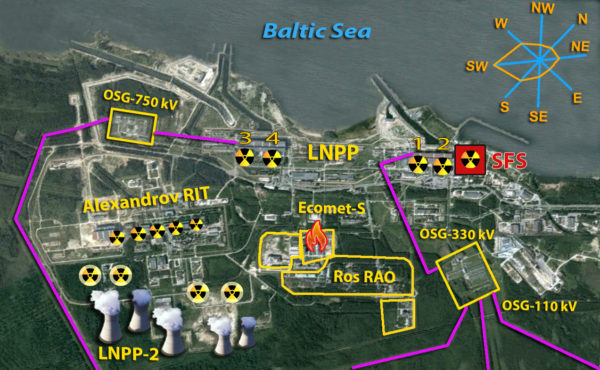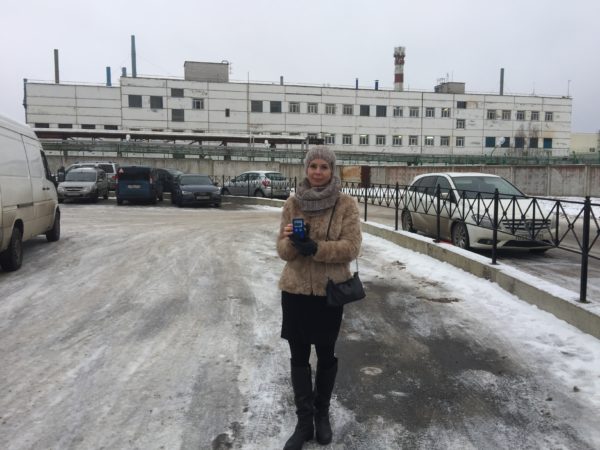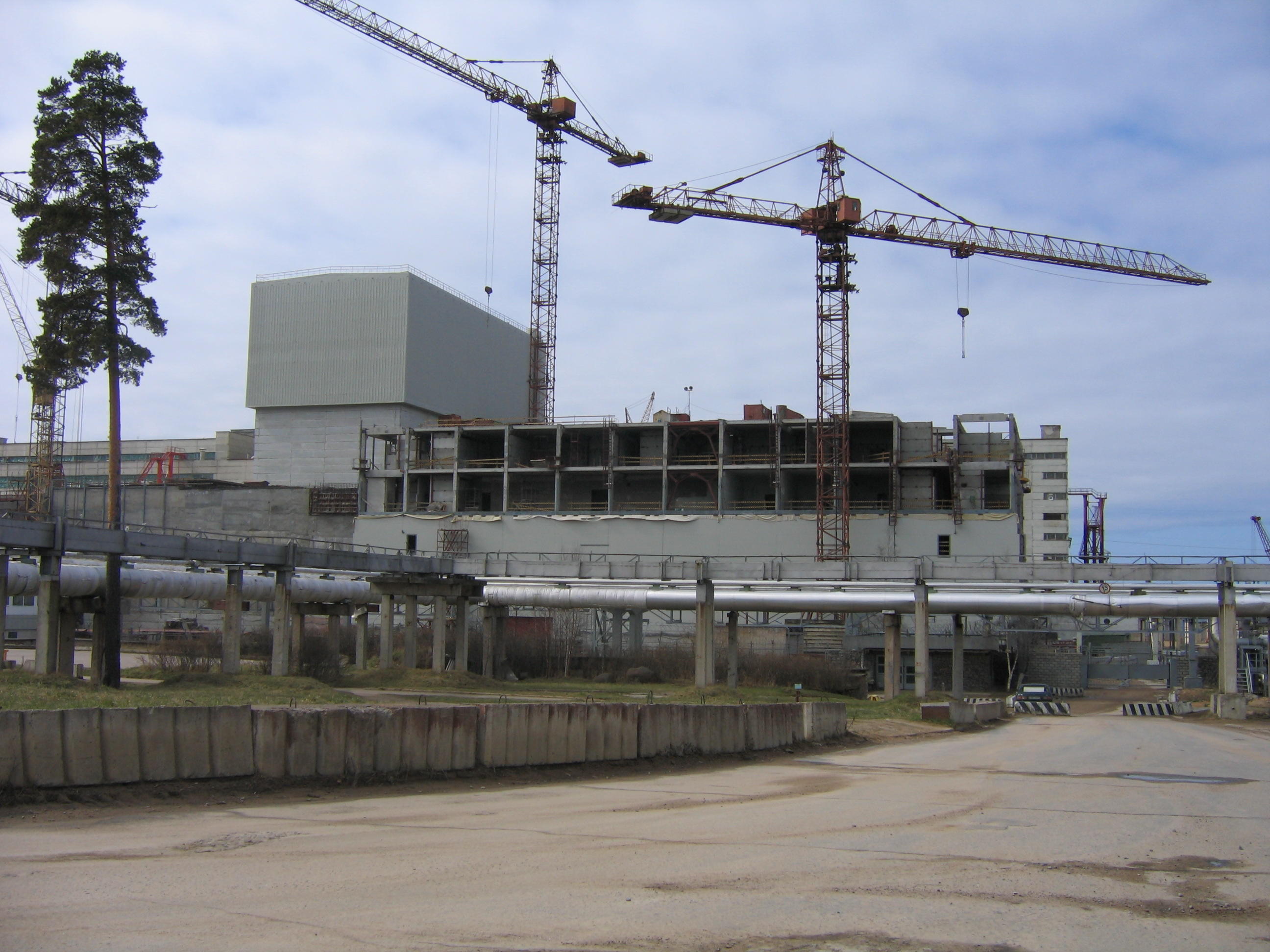Russian-German coalition demands to stop nuclear waste movement from Germany to Russia!
The appeal to the authorities of Russia and Germany was signed by 47 national, regional and municipal non-governmental associations of Russia, Germany and the Netherlands. The appeal is signed by regional and municipal deputies of the nuclear regions of Russia, as well as by experts and citizens who live along the rail route of dangerous cargo (about 2,500 km) from the port of Ust-Luga in the Leningrad Region to the Closed Administrative Territorial Unit of Novouralsk (Sverdlovsk Region).
On June 15, 2020 at 05:33 the cargo vessel Mikhail Dudin once again delivered another 600 tons of depleted uranium hexafluoride (UF6). Under the contract, 12,000 tons of UF6 – chemically aggressive radioactive material – may be transferred from Germany to Russia by 2022.
Olaf Bandt, Chairman of the Organization for Environment Protection and Nature Conservation of Germany (BUND): “The federal government stands by while part of the unresolved nuclear waste problem moves quietly and secretly to Russia. German nuclear waste should not be disposed of in other countries, putting lives of people in danger. Germany must finally complete the nuclear phase-out. Germany must finally complete the abandonment of nuclear energy, but as long as the uranium enrichment plant in Gronau and the fuel cell plant in Lingen are allowed to work, this is out of the question”.
Mathias Eikoff, Muenster Alliance Against Nuclear Facilities: “The federal government allows Urenco and its shareholders RWE and E. ON to take nuclear waste abroad: it’s very cost-effective, but extremely irresponsible — manufacturers and profiteers have no personal responsibility. Therefore, we demand from the federal government a mandatory and complete freeze on the export of uranium waste and enriched uranium from Gronau and fuel cells from Lingen.»
Oleg Bodrov, Chairman of the Public Council of the South Coast of the Gulf of Finland, Decomatom network: “If the German nuclear industry does not have an economically and socially acceptable technology for processing depleted uranium hexafluoride, it means it is waste. According to the Basel Convention on the Control of Transboundary Movements of Hazardous Wastes and Their Disposal of 22 March 1989, the German economy must find a solution to safely store these materials in the territory of Germany. Export of depleted uranium hexafluoride to Russia is export of the problem, but not a solution to this problem”.
Andrey Talevlin, Chairman of the regional environmental organization ZA PRIRODU (FOR NATURE), Chelyabinsk, Coordinator of Decomatom network: “Russia should sign the Aarhus Convention on Access to Information, Public Participation in Decision-making and Access to Justice in Environmental Matters and ratify the Espoo Convention on Environmental Impact Assessment in a Transboundary Context. In this case, it will be possible to ensure equal safety standards for Russia with the countries whose businesses are trying to implement joint nuclear projects in our country”.
Vitaly Servetnik, Co-chair of the Russian Scio-Econlogical Union: “It is irresponsible and unfair to move such a problem to a country with lower environmental standards and public control. Rosatom must stop increasing their profits by turning a huge Russian territory into a dump. This crime against future generations of Russians must stop immediately”.
Marina Ljubushkina, Head of the public reception office of the Spravedlivaya Rossiya (Justice Russia) political party in Kingisepp District, Leningrad Region: “The reloading of toxic radioactive substances to rail cars in the port of Ust-Luga and their transportation through the radiation-contaminated «Chernobyl» territories of the Leningrad region creates additional health risks for thousands of residents along the train route. This is illegal and not fair! Public discussions should be organized with participation of the public concerned and the municipality of Kingisepp District to justify the license for handling radioactive materials during the transshipment in the port of Ust-Luga!”
Nikolay Kuzmin, Chairman of the Permanent Commission on Ecology and Nature Management of the Legislative Assembly of the Leningrad Region, Sosnovy Bor, Leningrad Region: “Additional regional legislative norms should be adopted in order to ensure the radiation safety of the inhabitants of the Leningrad region and provide for the real participation in decision-making of the elected deputies and the interested public representatives”.
Russian environmental and human rights organizations speak out against the import of uranium radioactive waste into Russia. More than 30 organizations signed a collective statement in November 2019.
In January 2020, environmentalists the signatures of 70,000 Russians against the importation of uranium radioactive waste to the German Ministry of the Environment.
In March 2020, residents of the coast of the Gulf of Finland who live in close proximity to the transshipment and transport facilities of hazardous cargo near the port of Ust-Luga expressed their protest against transportation of nuclear waste through the Leningrad region.
The text of the Public Appeal to the German and Russian Authorities in Russian is attached.
We thank our colleagues from Germany and the Russian Socio-Ecological Union for their effective cooperation and support.
Angela Merkel, Chancellor of Germany
Vladimir Putin, President of the Russian Federation
German Budestag Federal Assembly of the Russian Federation
Raffael Grossi, Director General of the International Atomic Energy Agency
Public Appeal
Dear Mrs. Chancellor,
Dear Mr. President,
Dear deputies and members of the parliaments of Russia and Germany,
Dear Mr. Director General of the IAEA,
A year ago, transportation of thousands of tons of depleted uranium hexafluoride (DUHF), a by-product of uranium ore enrichment, which had been stopped in 2010, was resumed from Germany to Russia.
These shipments of hazardous radioactive materials do not stop even during the coronavirus (COVID-19) pandemic!
The cargo vessel Mikhail Dudin with another 600 tons of DUHF from Gronau (Germany) arrived on June 15, 2020 at the Russian port Ust-Luga in the Baltic Sea. The cargo will be carried by rail to the Urals region of Russia through the territories of the Leningrad Region that had been contaminated with radiation after the Chernobyl disaster.
We consider it a threat to the safety of the residents of the Baltic region, as well as the regions along the route of transportation of the dangerous cargo, especially for the people living in the final destinations – the Urals and Siberian regions, which are already the most radioactively contaminated areas.
More than 1,200 thousand tons of these highly toxic materials have already been accumulated and stored in open air containers in closed nuclear cities in Russia!
Under the existing contracts, in the best scenario only a tenth of pre-enriched uranium hexafluoride can return to Germany. The uranium hexafluoride remaining in Russia after enrichment is even more depleted as there is no socially and environmentally acceptable technology for its further use.
We, who have signed this appeal, demand that the German and Russian authorities stop the colonial policy of moving dangerous cargo from Europe to the Siberian and Urals regions of Russia! This is contrary to the sustainable development goals of the United Nations and the Basel Convention on the Control of Transboundary Movements of Hazardous Wastes and Their Disposal.
We appeal to Mrs. Angela Merkel, German Chancellor, to follow a policy of not exporting nuclear waste and not transferring responsibility for it to other countries and peoples.
Germany is a high-tech country and in the course of phasing out all its nuclear power plants it must take care of the byproducts of nuclear power generation on its territory!
Russia is not a dump! 15 June 2020
Non-governmental organizations of Russia:
- Artemova Tatiana, Co-chair, Association of Environmental Journalists of Saint-Petersburg, Saint-Petersburg, Russia;
- Bodrov Oleg, Chairman of the Public Council of the South Coast of the Gulf of Finland, interregional environmental movement of the Leningrad Region and Saint-Petersburg; member of the International Peace Bureau Council (IPB), Sosnovy Bor, Leningrad Region, Russia, Bodrov(at)greenworld.org.ru ;
- Bochkareva Lyudmila, Saratov City Society for the Protection of Animals, Saratov, Russia;
- Vinogradova Anna, All-Russian Society for Nature Conservation, Balakovo Branch, Saratov Region, Russia;
- Garapov Albert, Anti-Nuclear Society of Tatarstan, Kazan, Tatarstan Republic, Russia;
- Zabelin Svyatoslav, International Socio-Ecological Union, Moscow, Russia;
- Ivanov Yuri, Coordinator, Kola Ecocenter regional association, Apatity, Murmansk Region, Russia;
- Kayumov Askhat, Dront environmental center, Nizhny Novgorod, Russia;
- Kotovets Valeria, Co-chair, Ecological Parliament of the Volga Basin and the Northern Caspian Sea, interregional non-governmental association, Volgograd, Russia;
- Kutepova Nadezhda, human rights activist and lawyer, NGO Planet Hope, Closed Administrative Territorial Unit of Ozersk – Paris, (Russia – France);
- Laletin Andrey, Chairman, Friends of the Siberian Forests Council, Krasnoyarsk, Russia;
- Maryasov Fedor, Chairman, board of the Krasnoyarsk Regional Radioecological Center, head of the public protest “We are against repository.rf” (Мы-против-могильника.рф), Closed Administrative Territorial Unit of Zheleznogorsk, Krasnoyarsk Region, Russia;
- Pinchuk Andrey, Centre for Promotion of Environmental Initiatives, Saratov, Russia;
- Pitsunova Olga, Russian Socio-Ecological Union – Friends of the Earth in Russia, Saratov Branch, Saratov, Russia;
- Rodin Boris, NGO Samozaschita (Self-Defence), Saratov, Russia;
- Servetnik Vitaly, «Russian Socio-Ecological Union – Friends of the Earth in Russia, Saint-Petersburg, Russia;
- Slivjak Vladimir, Co-chair, Ecozaschita (Ecodefense), Moscow, Russia;
- Talevlin Andrey, Chairman, regional environmental organization ZA PRIRODU (FOR NATURE), Coordinator of Decomatom network, Chelyabinsk, Russia;
- Yamschikova Valentina, Co-chair, regional environmental movement “In the name of life”, Kostroma, Russia.
Non-governmental organizations of Germany and the Netherlands:
- Aachener Aktionsbuendnis gegen Atomenergie (Aachen Alliance for Actions against Nuclear Energy), Aachen, Germany;
- Aktionsbuendnis Muensterland gegen Atomanlagen (Alliance for Actions against Nuclear Facilities in Muensterland), Muenster, Germany;
- Anti Atom Berlin, Berlin, Germany;
- AntiAtom Bonn, Bonn, Germany;
- AntiAtom-Bündnis Niederrhein (Anti-Atom Alliance of the Lower Rhine), Germany;
- Arbeitskreis Umwelt — AKU, (Environmental working group AKU), Gronau, Germany;
- Arbeitskreis Umwelt — AKU Schuettorf (Environmental working group AKU), Schuetthorf, Lower Saxony, Germany;
- Buergerinitiative Umweltschutz Luechow-Dannenberg (Civil Initiative for Environment Protection), Luechow-Dannenberg, Germany;
- Buergerinitiative “Kein Atommuell in Ahaus” (Civil initiative “No to nuclear waste in Ahaus”), North Rhine-Westphalia, Germany;
- Olaf Bandt, Vorsitzender “BUND — Friends of the Earth Germany”, Берлин, Germany;
- BUND, Regionalgruppe Muensterland, (BUND regional group), Muensterland, Germany;
- BUND, NRW — Landesarbeitskreis Atom (BUND State Working Group on Nuclear Issues), Germany;
- BUND, Kreisgruppe Steinfurt, Germany;
- Bundesverband Buergerinitiativen Umweltschutz -BBU (Federal Association of Civil Initiatives for Environment Protection), Berlin, Germany;
- Franz Moll, chairman and founder, Nuclear Free Future Foundation, Munich, Germany;
- Kieler Initiative gegen Atomanlagen (Kiel Initiative against nuclear facilities), Germany;
- Laka Foundation, Amsterdam, Netherlands;
- SOFA — Sofortiger Atomausstieg, (Immediate abandonment of nuclear energy), Muenster, Germany;
- Stop Tihange Deutschland e. V., Ahen, Germany.
Deputies of regional parliaments, members of municipal councils and representatives of political parties in Russia:
- Artemov Andrey, head of the Communist Party of the Russian Federation fraction in the Council of Deputies of the municipal entity Sosnovoborsky urban district, Leningrad Region, Russia;
- Vakhtina Elena, deputy, Council of Deputies of the Central District of Chelyabinsk, Russia;
- Kuzmin Nikolay, Chairman, Permanent Commission on Ecology and Nature Management of the Legislative Assembly of the Leningrad Region, Sosnovy Bor, Leningrad Region, Russia;
- Lyubushkina Marina, head of the public reception office of the Spravedlivaya Rossiya (Justice Russia) political party in Kingisepp District, Leningrad Region, Russia.
Experts and citizens of Russia:
- Desyatov Vladimir, Saint-Petersburg, Russia;
- Kuznetsov Vladimir, Ignalina NPP Veterans Association, Visaginas, Lithuania;
- Serebryakov Boris, PhD in Mathematics and Physics, Moscow, Russia;
- Uglev Vladimir, PhD in Chemistry, Krasnodar, Russia;
- Chernaya Lyudmila, Luzhitsi Village (Ust-Luga Port district), Kingisepp, Leningrad Region, Russia.


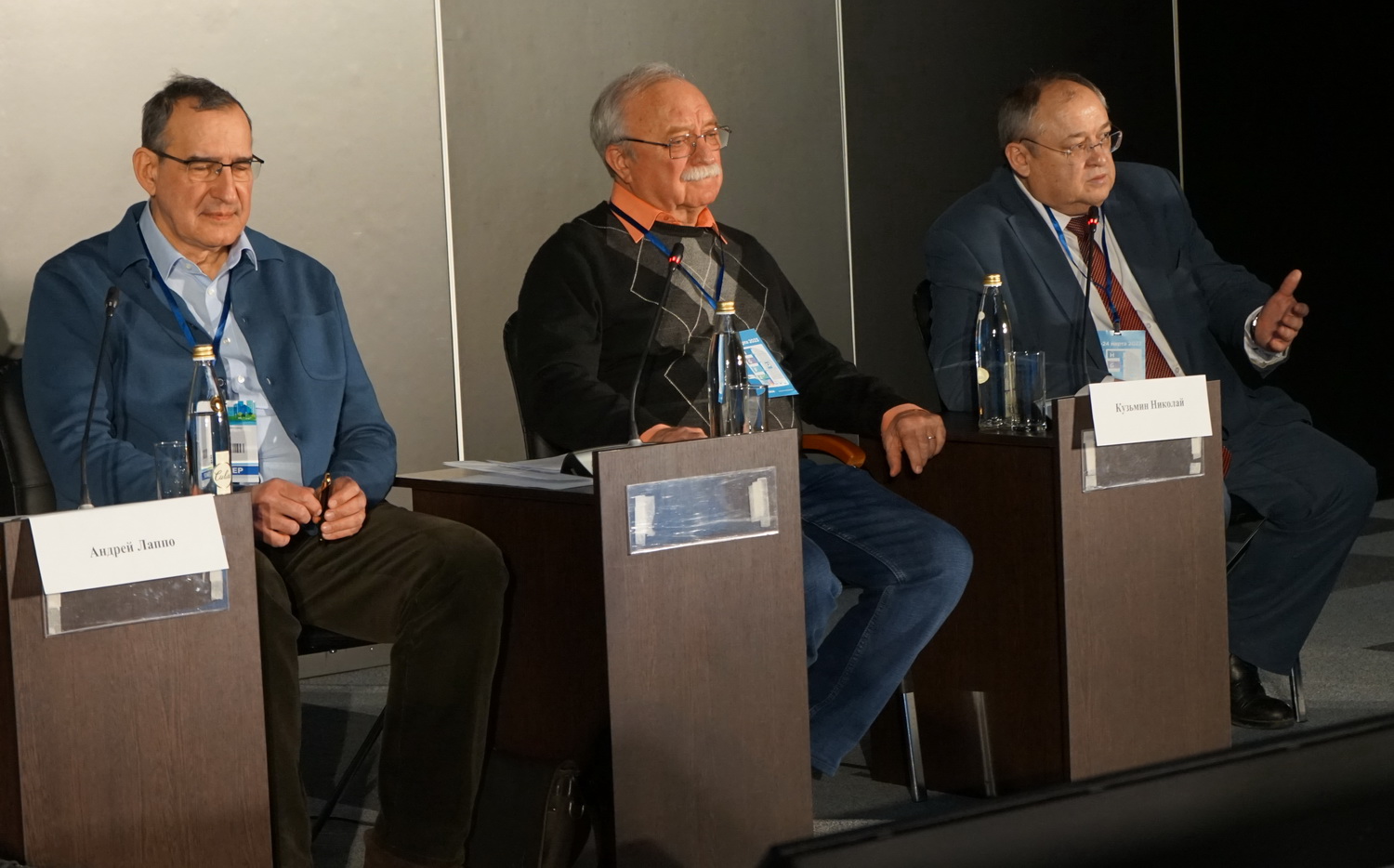
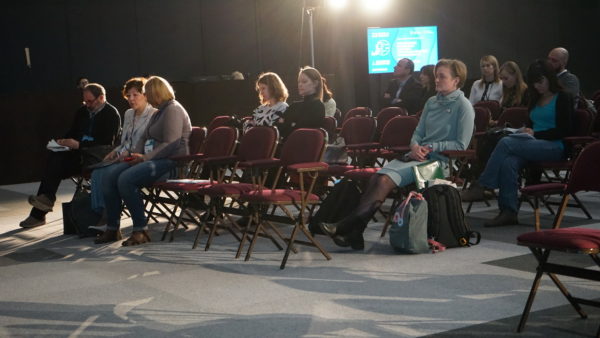
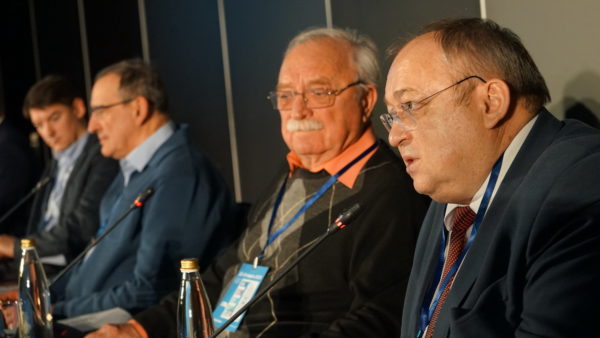
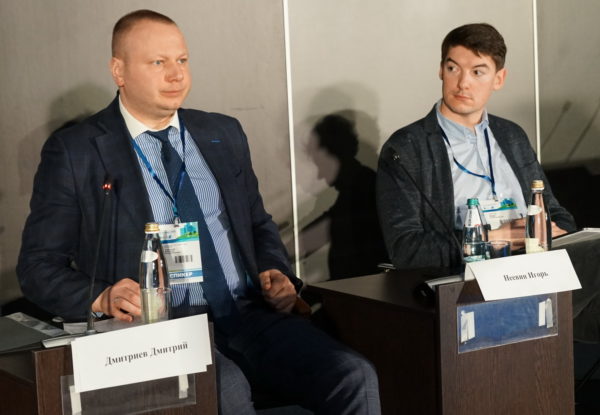
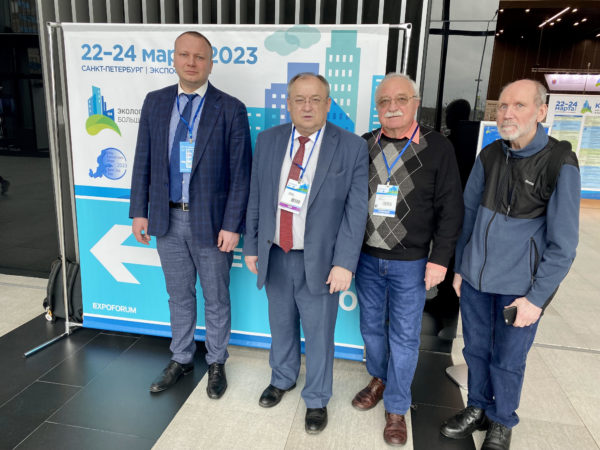
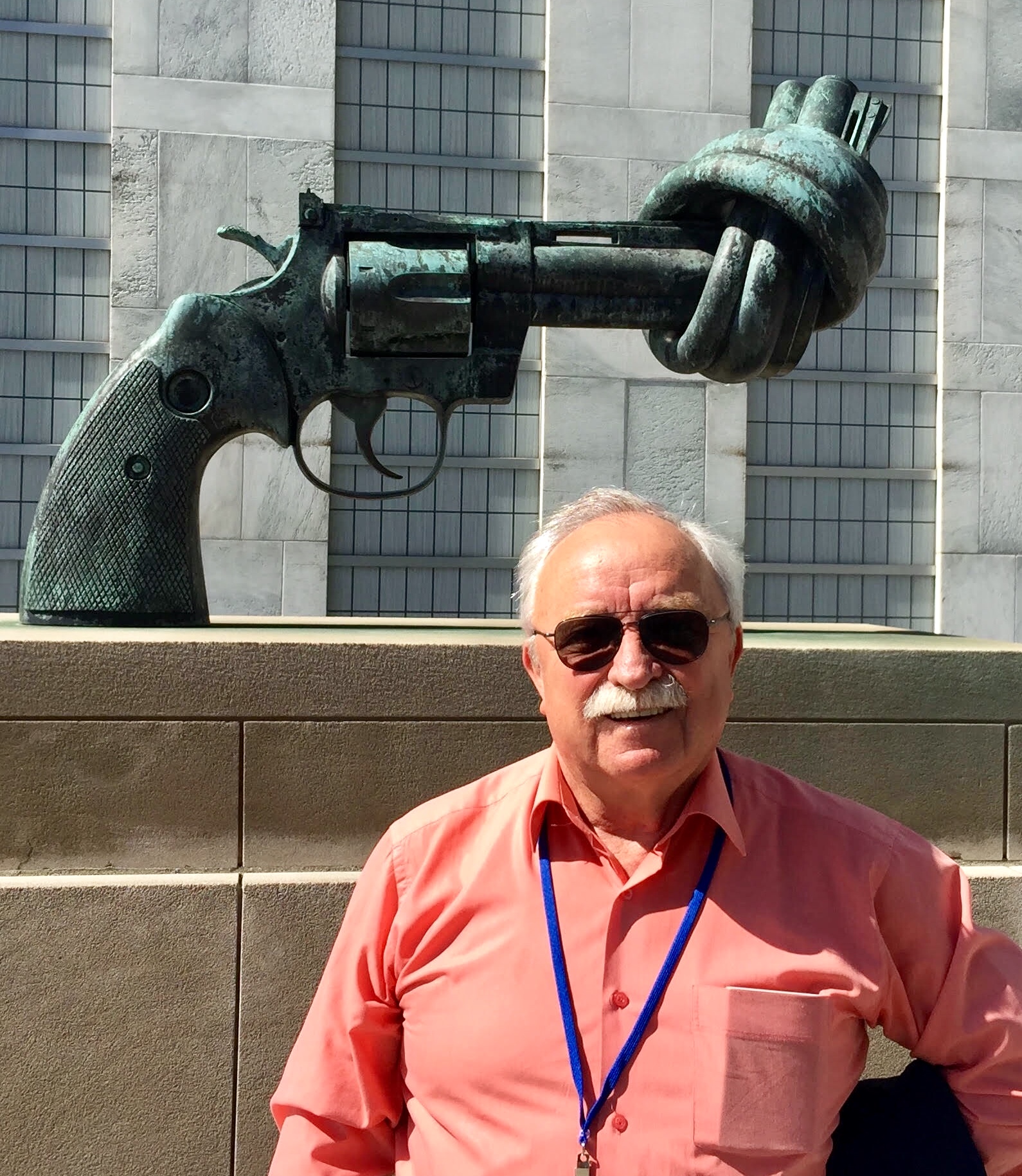
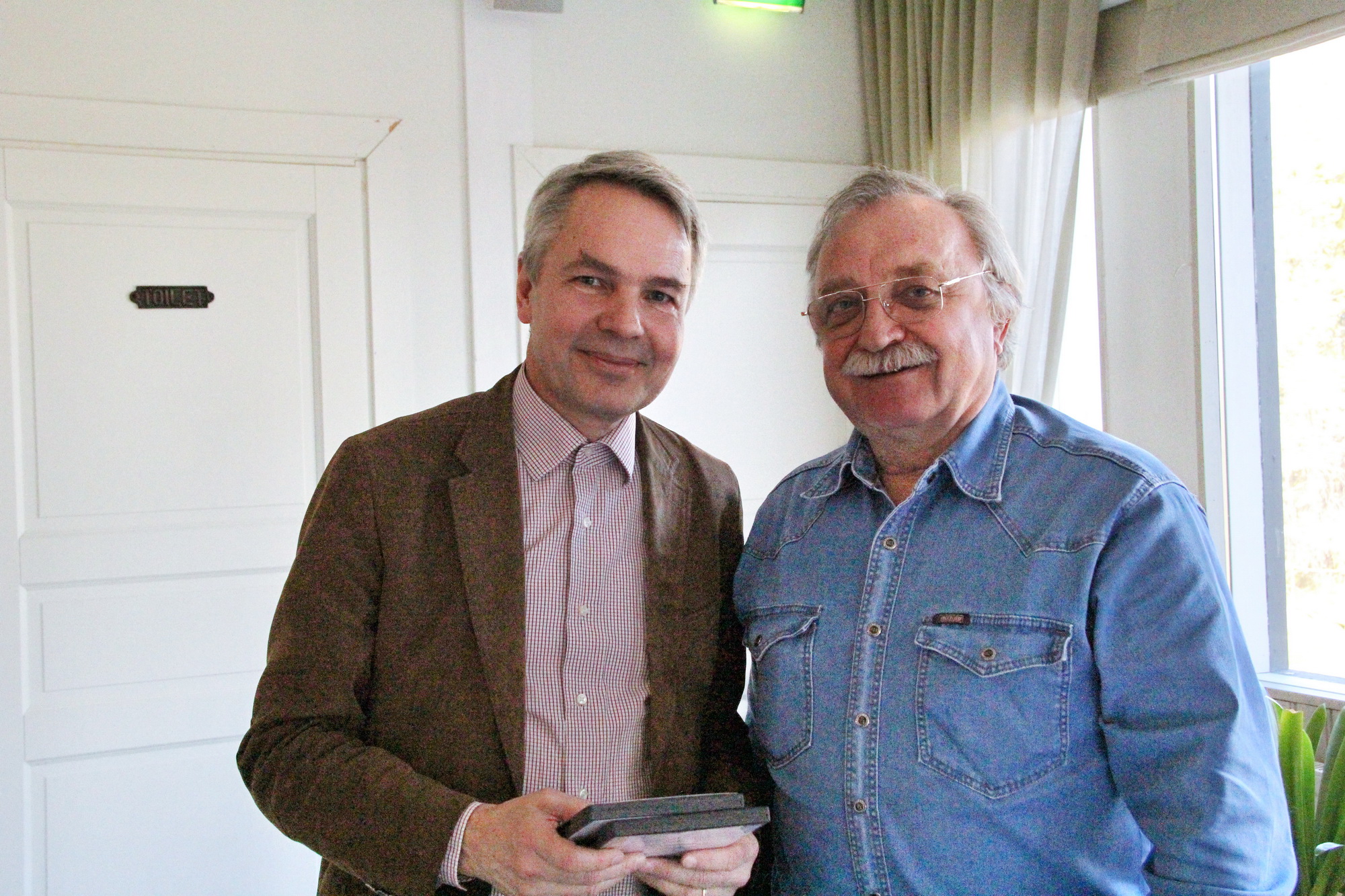
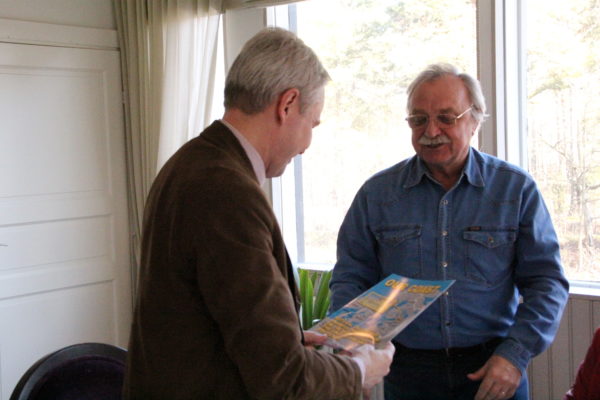
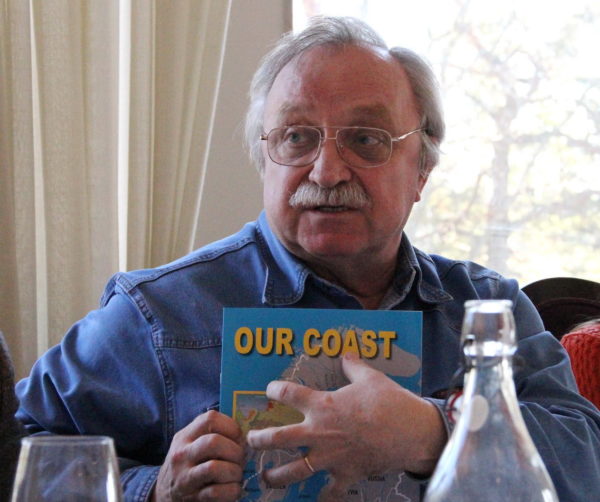
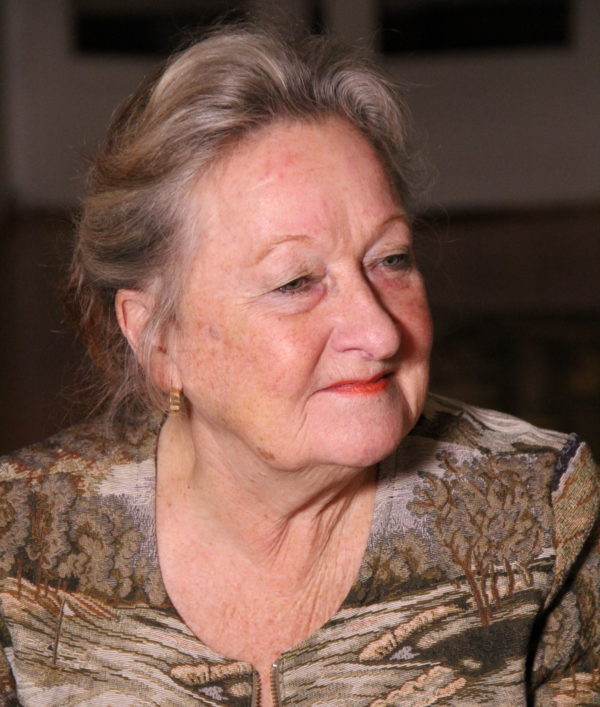
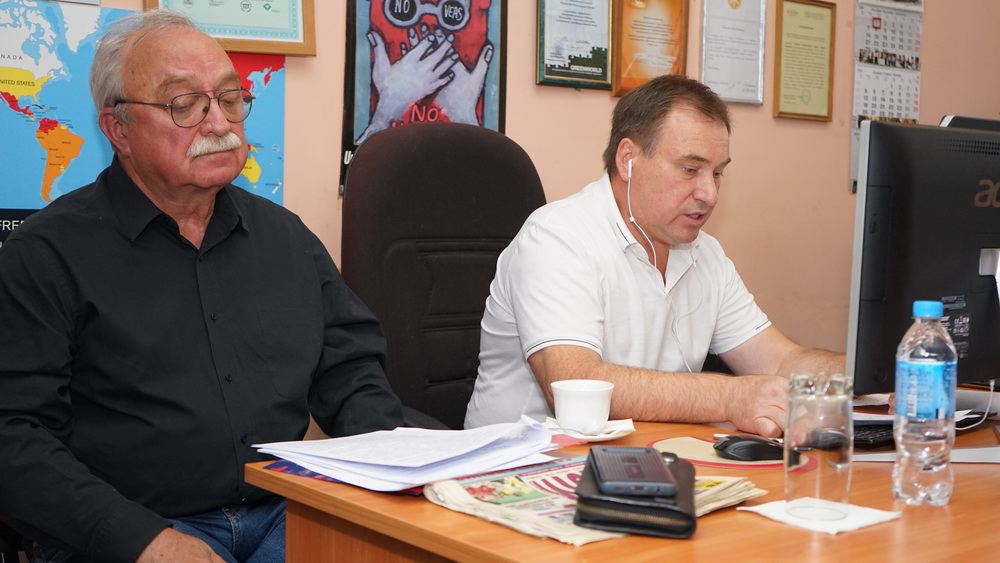
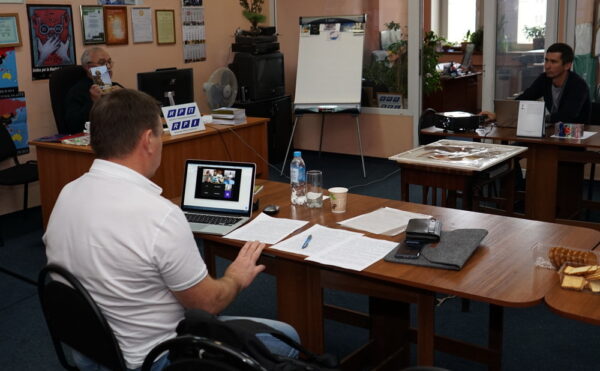
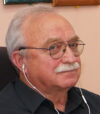
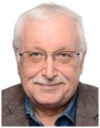
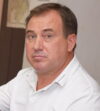
 Prof. Markku Kangaspuro, Chairman of the Finnish Peace Committee, Helsinki, Finland, NATO-Russia Confrontation in the Baltic. View from Finland.
Prof. Markku Kangaspuro, Chairman of the Finnish Peace Committee, Helsinki, Finland, NATO-Russia Confrontation in the Baltic. View from Finland.

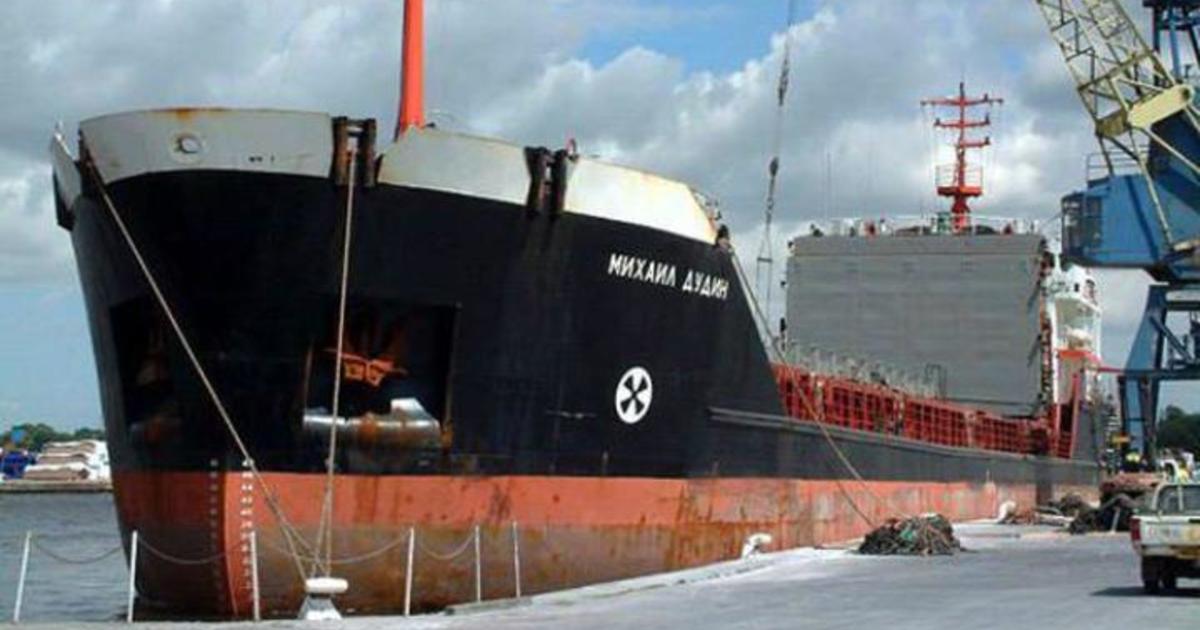
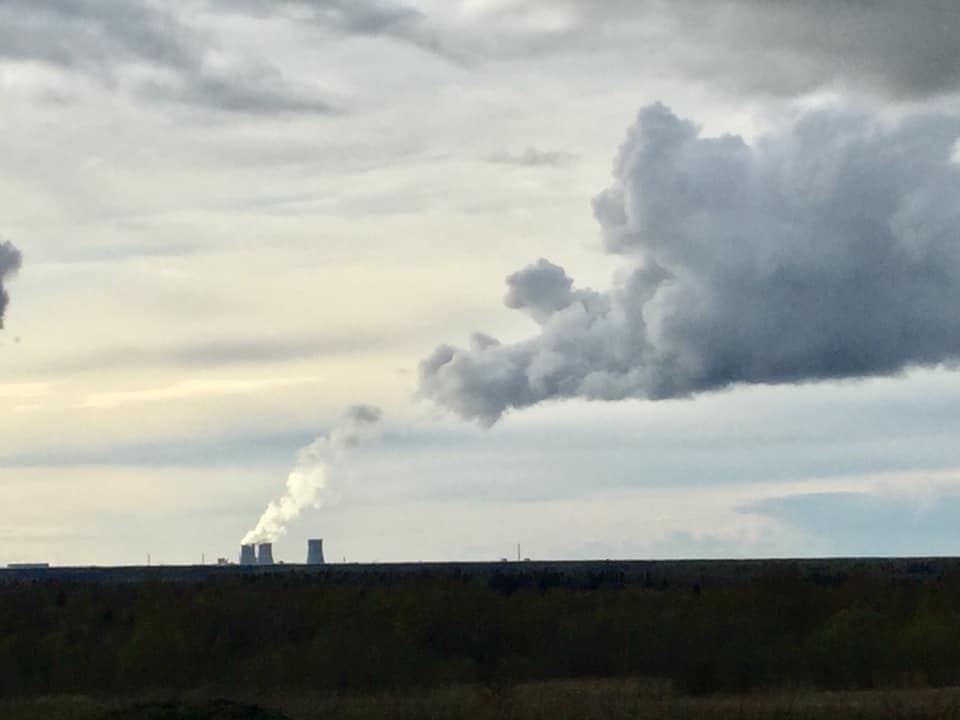
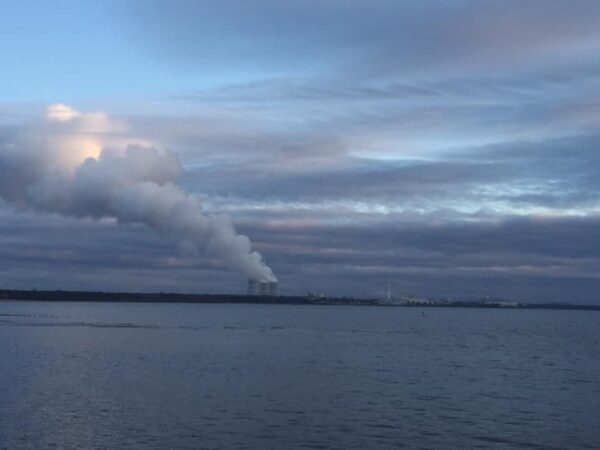
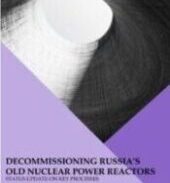
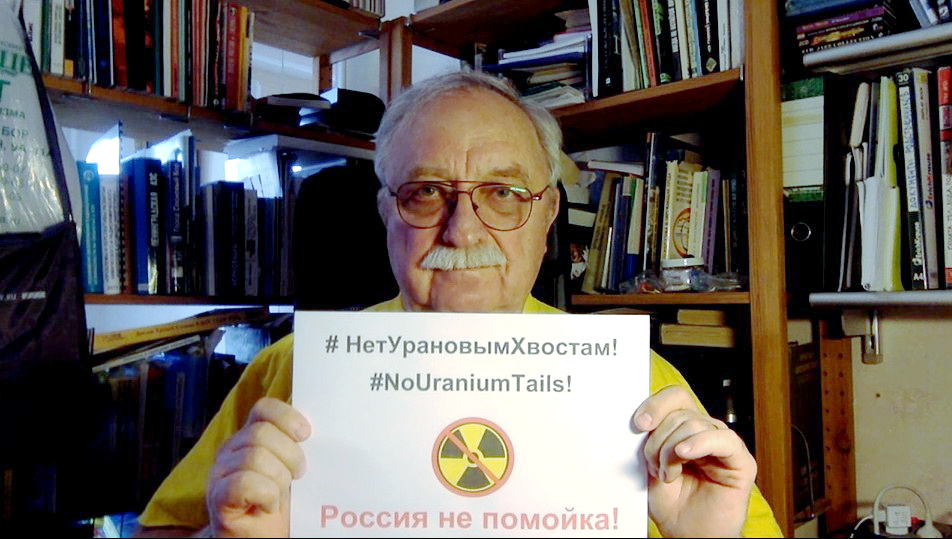

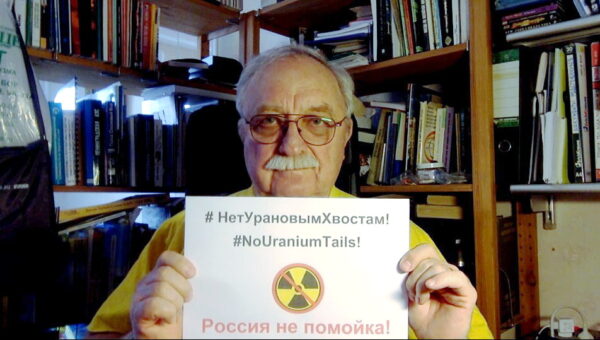
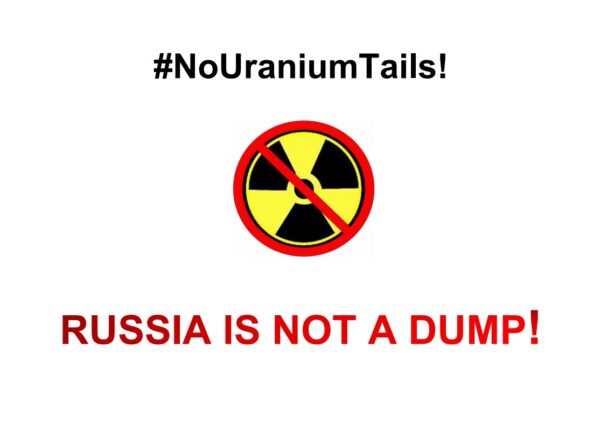

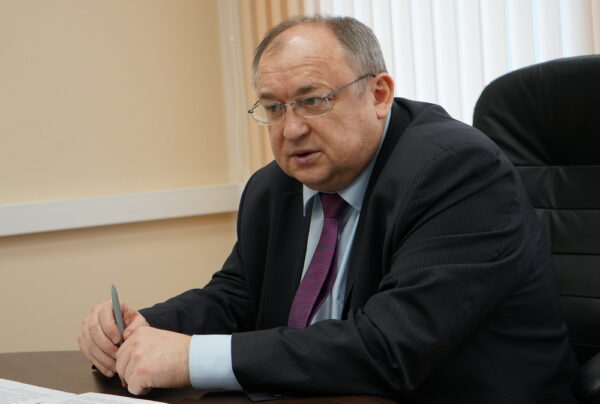
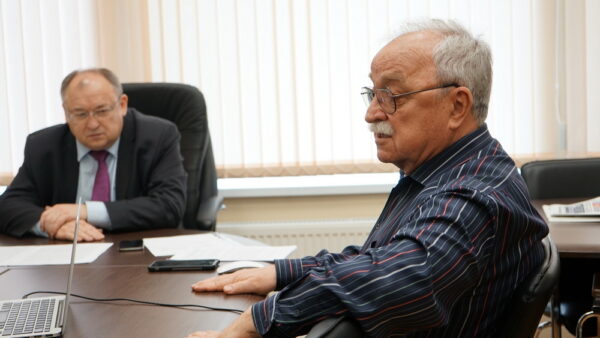
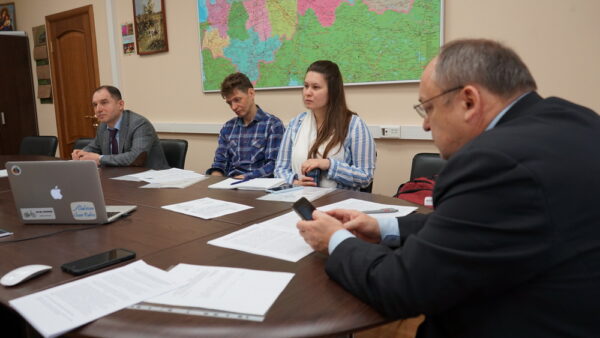
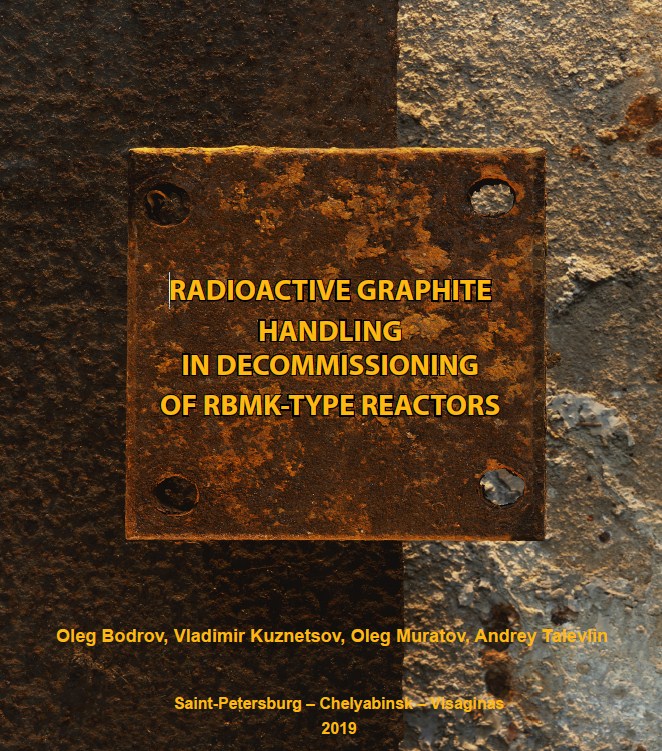
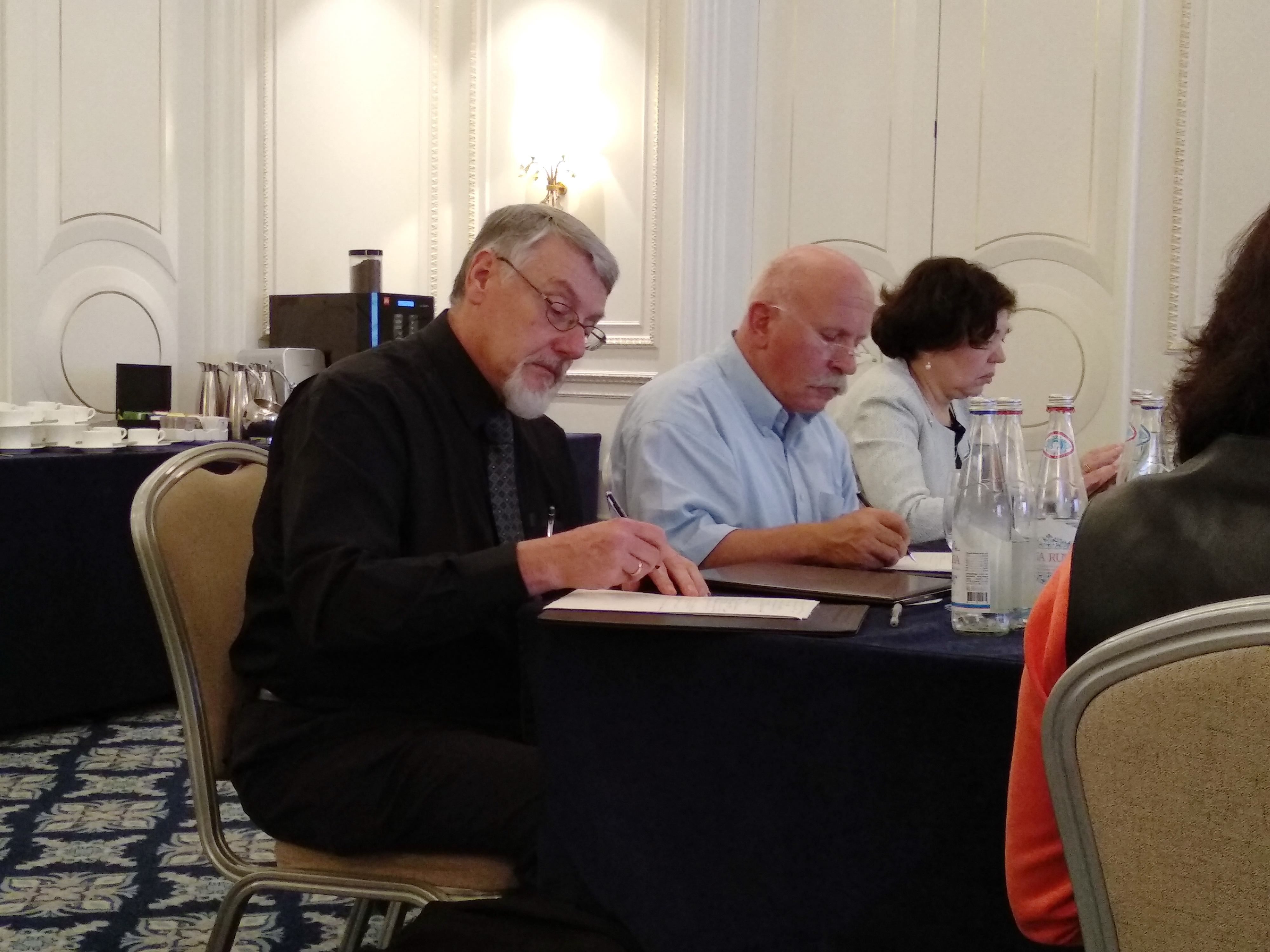
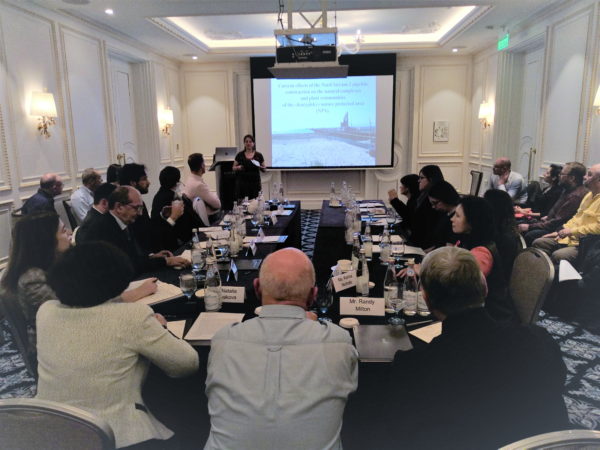

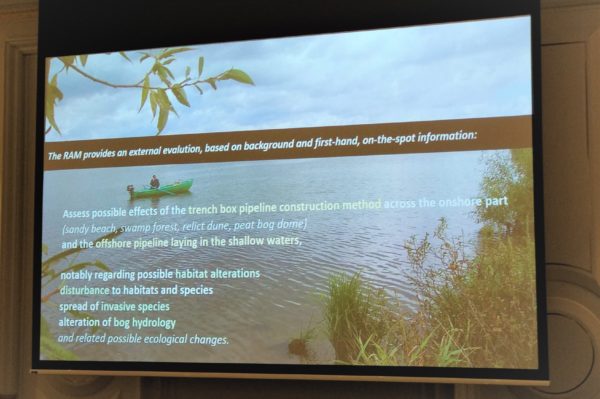
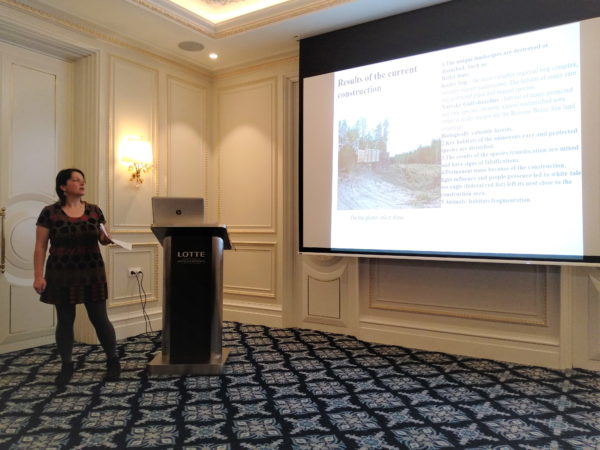
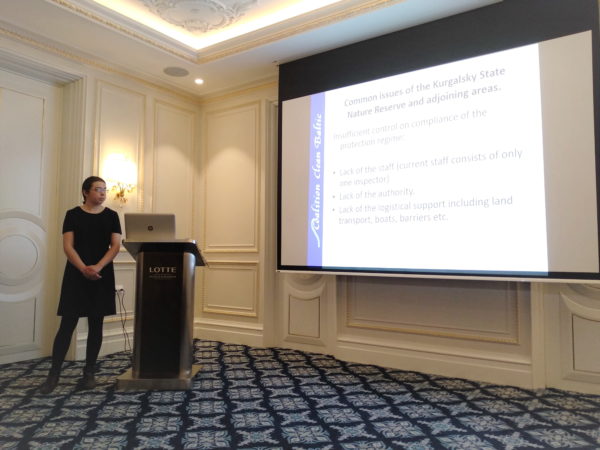
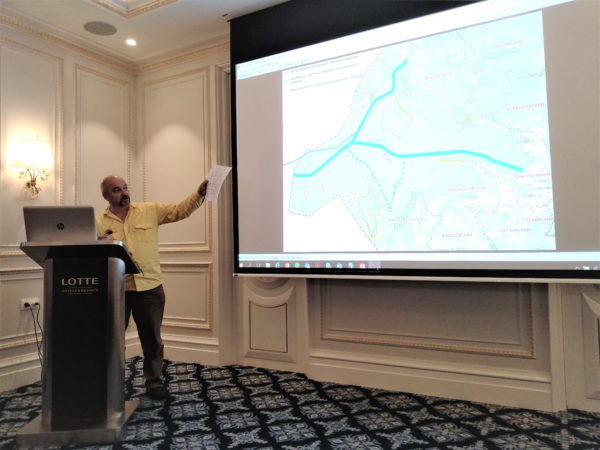
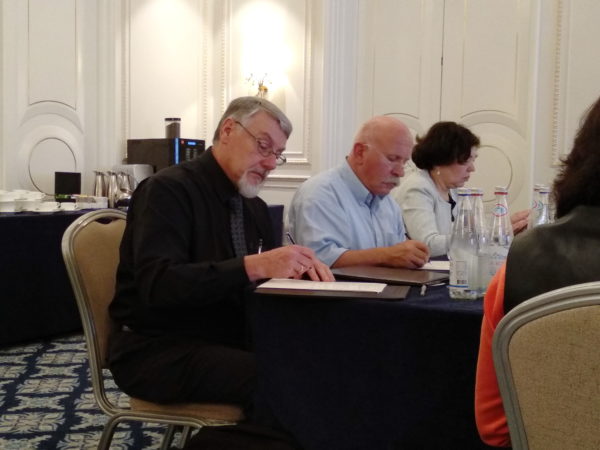
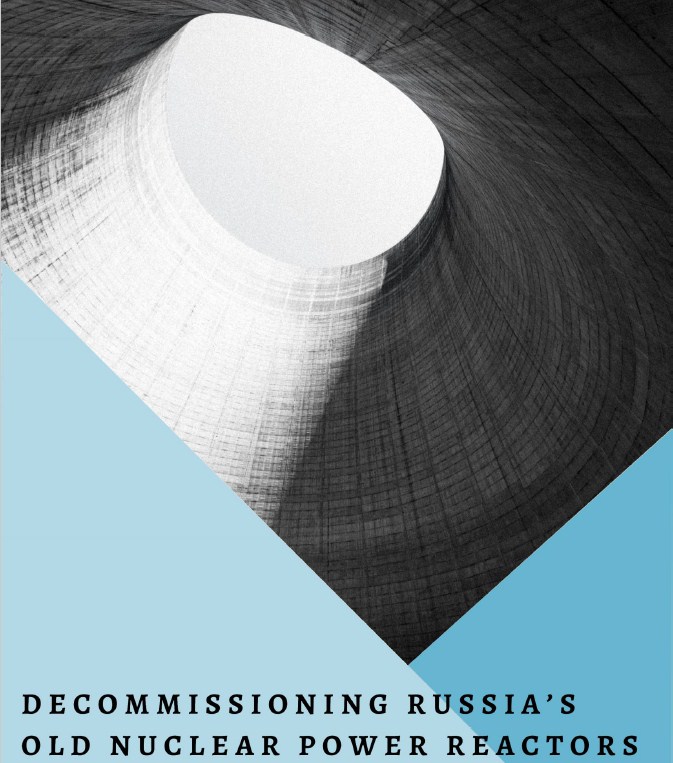
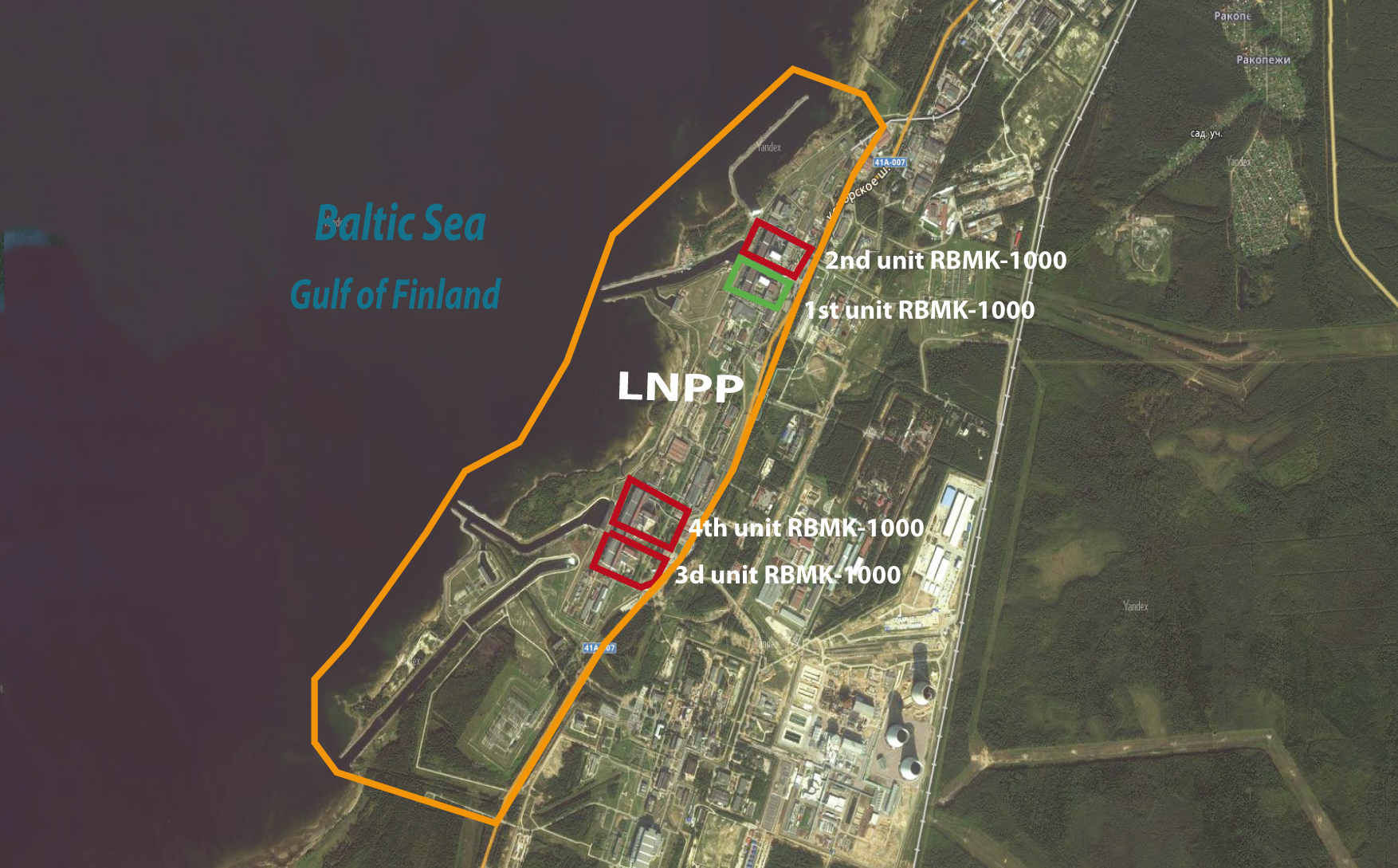
 Russian NGO “Public Council of the Southern Coast of the Gulf of Finland”in cooperation with Association of veterans of Ignalina NPP (Lithuania)made an examination of the «Concept of Decommissioning of Leningrad NPP Units with RBMK-1000», developed by the operator of this power plant (Concern Rosenergoatom).
Russian NGO “Public Council of the Southern Coast of the Gulf of Finland”in cooperation with Association of veterans of Ignalina NPP (Lithuania)made an examination of the «Concept of Decommissioning of Leningrad NPP Units with RBMK-1000», developed by the operator of this power plant (Concern Rosenergoatom).